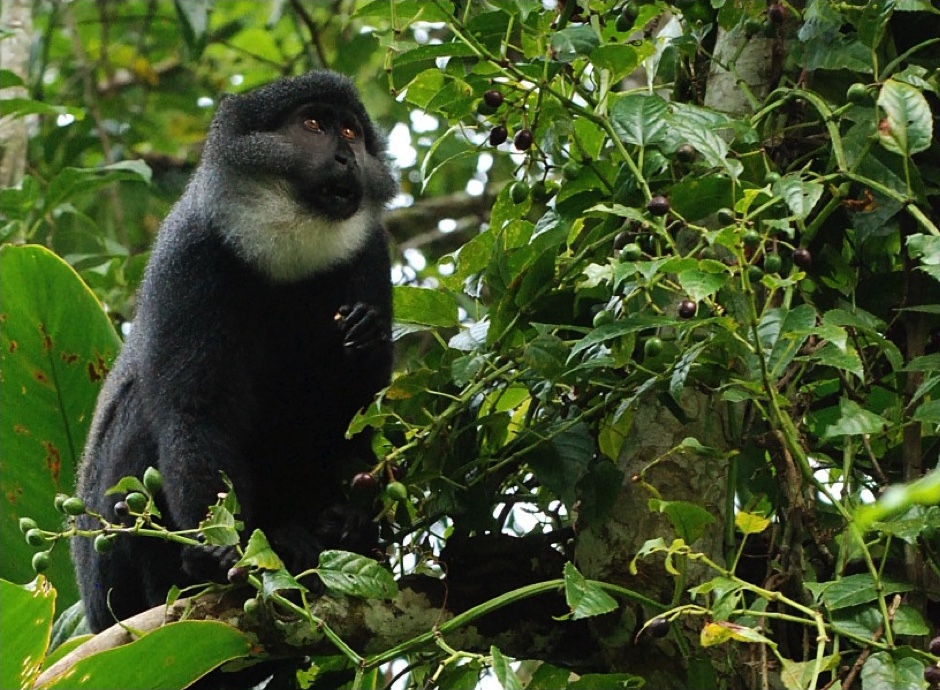Ebo forest saved from threat of logging
President Paul Biya and the government of Cameroon recently cancelled a logging concession in Ebo Forest. The move will save a forest that makes up one half of the Yabassi Key Biodiversity Area, which is the ancestral land of more than 40 local communities and the habitat of gorillas, chimpanzees, forest elephants, Preuss’s guenon and red colobus monkeys. Cameroon recently ratified the Gorilla Agreement to protect gorillas and their habitats. Conservationists are hopeful that the government will engage in an inclusive land-use planning process with the communities around Ebo Forest that will protect its biodiversity and benefit local communities, which depend on the forest for food and traditional medicines.

Ebo Forest has been a hotspot for conservation research and discovery during the past 20 years. In 2005, researchers discovered that the tool-wielding Nigeria-Cameroon chimpanzees in Ebo are culturally distinct from other chimpanzees in Africa. They are the only chimpanzees in the world who both crack nuts and fish for termites. And numbering 700, this population is one of the largest populations of the endangered Nigeria-Cameroon chimpanzees.
In addition, there is a small population of gorillas in Ebo Forest, and that population may actually be a new subspecies. The gorillas live about 200 kilometers away from any other groups of western lowland or Cross River gorillas. Ebo is also home to one of only two remaining populations of Preuss’s red colobus, a critically endangered monkey, as well as one of the largest remaining populations of endangered drills. The plants in Ebo are as unique as its charismatic megafauna. At least 12 species of plants discovered within it cannot be found anywhere else on the planet.
Cameroon's Minister of Forestry signed two orders on February 4 proposing the classification of two forest management units for timber extraction. The units combined total 1,296 square-kilometers, nearly the entirety of Ebo Forest. This would have destroyed the entire gorilla habitat. Lobbying and press by national conservation NGOs and Key Biodiversity Area Partners raised global awareness about the plight of this KBA.